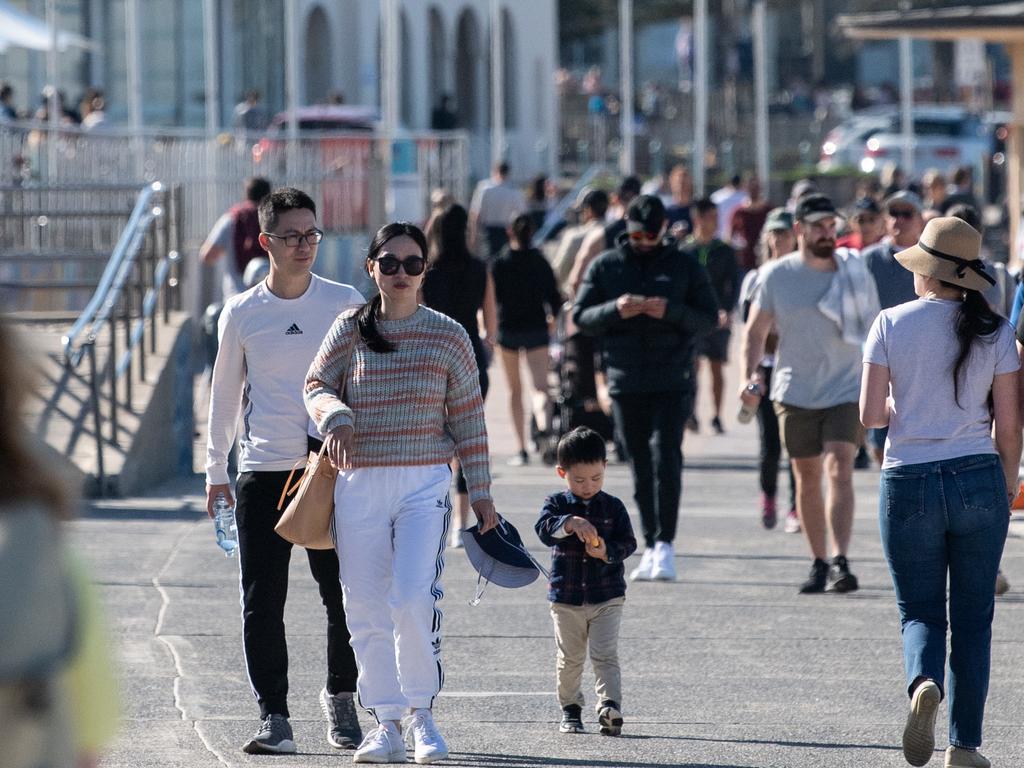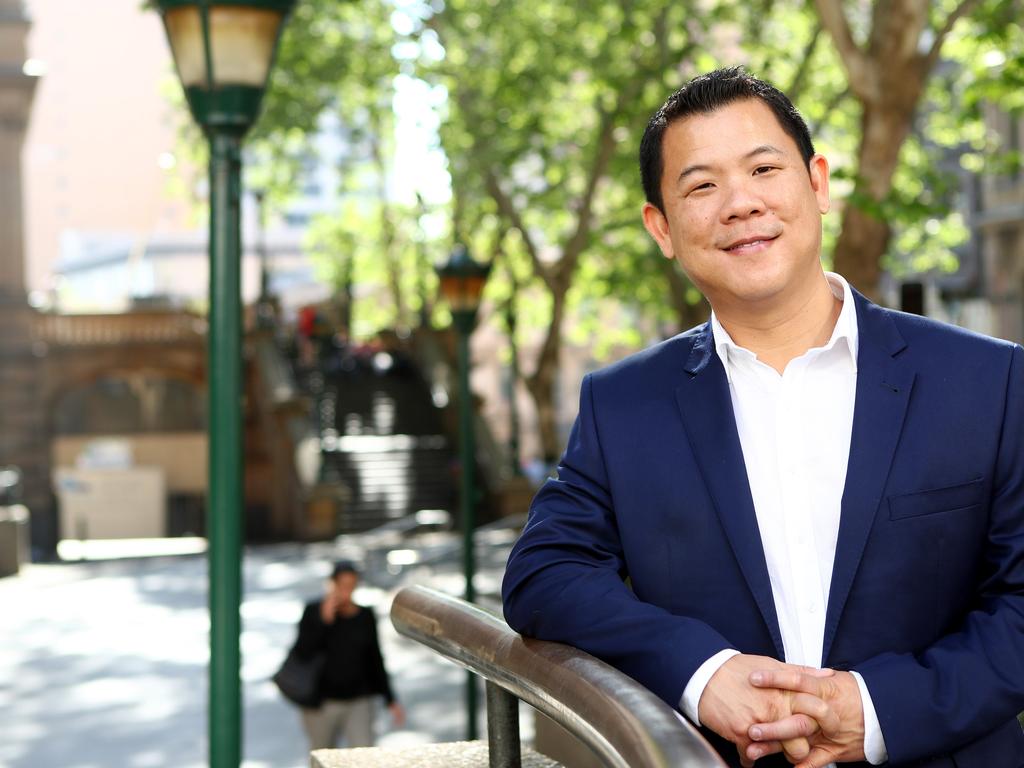Chinese consumers still buying Australian, says Aumake
E-commerce group Aumake says Chinese consumers aren’t worried by political tensions with Australia.

Chinese consumers are still interested in buying Australian-made goods, particularly if they can be promoted through influencers and cutting-edge social media platforms, according to the chairman of ASX-listed e-commerce platform Aumake, Keong Chan.
“The Australian brand in China is still really strong,” he said in an interview with The Australian.
“The idea that it is clean and green hasn’t changed.”
But Mr Chan said Australian brands had to find new ways to connect with the younger generation who were buying products on their phones as they watched online streaming videos, often as they travelled to and from work.
Aumake sells about 150 Australian brands to Chinese consumers through its online platform in products such as dairy, health supplements and cosmetics, targeting mainly women between the ages of 18 to 35.
It recently announced a deal with Kissed Earth, founded by Australian model and television host Rachael Finch, which makes skincare and health food products, to sell into the China market.
Mr Chan was speaking after China’s Ministry of Commerce announced a new five-year tariff regime on the sale of Australian wine into China in March, adding to moves which have already killed the $1.2bn Australian wine export market to China.
It followed the imposition of tariffs on the export of Australian barley to China last May, which has also killed another $1bn export market.
There was also a warning from Australia’s ambassador to China, Graham Fletcher, that Australia companies selling into the Chinese market could face trade retaliation at any time for political reasons.

In an unusually outspoken briefing for about 500 members of the Australia China Business Council, Mr Fletcher, a veteran diplomat and China watcher, described some of China’s recent retaliatory action on trade, including action taken against Australian coal, beef, timber and seafood, as “vindictive”.
Nevertheless, Mr Chan said Aumake’s business, which focuses on selling consumer goods to the Chinese market, had not been affected by the political tensions.
Aumake was initially founded in 2011 as company working with Australian-based “daigou”, or personal shoppers, who were buying goods to sell back to friends and family in China, with plans to set up a network of stores across Australia. But its business has been hit by the closure of international borders and the lack of Chinese tourists and students in Australia.
It now has five stores in the Sydney area, but amid the COVID-19 travel bans it has expanded its focus on its e-commerce platform, signing up Australian brands to sell directly to consumers in China.
The company announced last month that it has established a partnership with a social media e-commerce company based in Hangzhou in China which collects data on influencers.
The home town of e-commerce giant Alibaba, Hangzhou has become one of the big e-commerce centres in China.
Mr Chan said the partnership would allow Aumake to identify emerging product trends in China and feed the data back to companies in Australia on its platform looking to sell into the young Chinese consumer market.
He said COVID-19 had accelerated the trend in China for younger consumers to buy through live streaming marketing videos such as TikTok.

Meanwhile, consumer trends in China were changing rapidly, a fact that Australian companies needed to come to terms with. He said tapping into influencers and social media videos highlighted micro-trends, such as the increasing use of anti-ageing products like collagen plus the different price points in different Chinese cities.
“Many Australian brands have been using old-fashioned ways and old-fashioned platforms to sell into the China market,” he said.
“A lot of them have been trying to figure out what Chinese consumers want from Australia.
“It’s like throwing darts at a dartboard. They haven’t caught up with the new social media platforms.”
Mr Chan said it was not uncommon for young women to shop while they were watching social media videos online while they were on the bus or the train.
Influencers such as movie stars and singers are playing an increasingly important role in promoting brands and setting new trends.
He said Aumake’s deal with the e-commerce company in Hangzhou would give it direct access into the influencer market in China.
While the savings ratio in countries like Australia has risen during the past year of COVID-19, as people have cut back big ticket spending such as overseas travel, the savings ratio in China has fallen as people have reacted to lockdowns by stepping up their online shopping.
Mr Chan said social media driven e-commerce sales in China were expected to rise from $US242bn ($320bn) last year to $US363 billion this year and $US478 billion in 2023.
He said the imposition of tariffs on Australian wine and barley and other trade measures had not affected Aumake’s business with China.
“We are still strong believers in the China market,” he said. “We are talking to normal people on the ground there.
“Normal people are not thinking about tariffs and the Australia-China relationship, they are thinking about the brands and the products.
“They talk about different products among themselves.
“The demand is really strong for good brands and products, including those from Australia, but the way you need to market to younger consumers has changed in the past few years.
“It’s all around social media and engaging through people on the ground. There are still influencers here in Australia selling product into China.”








To join the conversation, please log in. Don't have an account? Register
Join the conversation, you are commenting as Logout